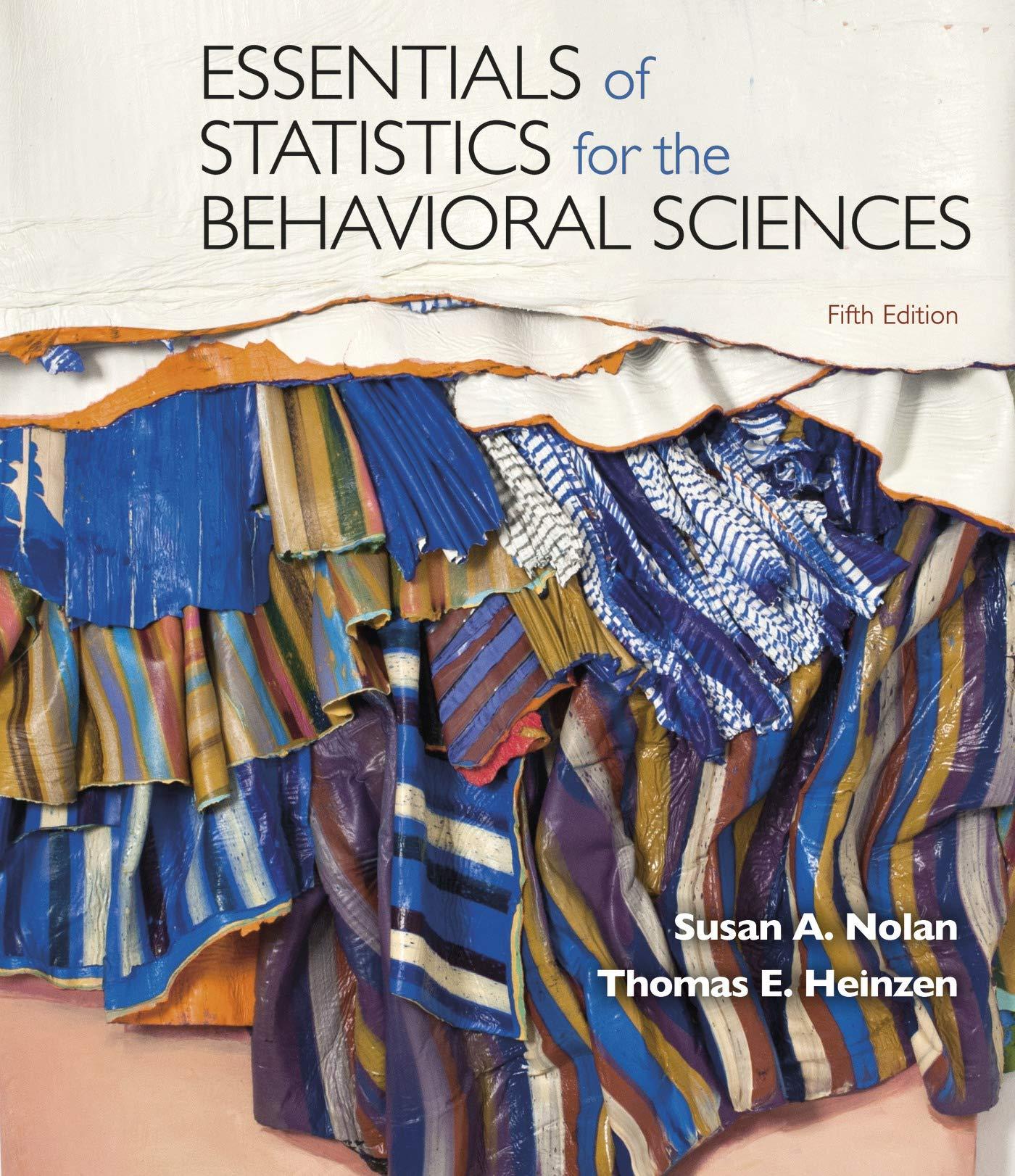7.53 Radiation levels on Japanese farms: Fackler (2012) reported in The New York Times that Japanese farmers
Question:
7.53 Radiation levels on Japanese farms: Fackler (2012) reported in The New York Times that Japanese farmers have become skeptical of the Japanese government’s assurances that radiation levels were within legal limits in the wake of the 2011 tsunami and radiation disaster at Fukushima. After reports of safe levels in Onami, more than 12 concerned farmers tested their crops and found dangerously high levels of cesium.
a. If the farmers wanted to conduct a z test comparing their results to the cesium levels found in areas that had not been exposed to the radiation, what would their sample be? Be specific.
b. Conduct Step 1 of hypothesis testing.
c. Conduct Step 2 of hypothesis testing.
d. Conduct Step 4 of hypothesis testing for a two-tailed test and an alpha level of 0.05.
e. Imagine that the farmers calculated a z statistic of 3.2 for their sample. Conduct Step 6 of hypothesis testing.
f. If the farmers’ conclusions were incorrect, what type of error would they have made? Explain your answer. g. Let’s say that the farmers had originally predicted dangerously high levels of another type of radiation than cesium. Imagine that, when they found high levels of cesium, they reported this result as if it were what they originally predicted. Which unethical data practice would they have used? Why is this a potentially harmful practice?
Step by Step Answer:

Essentials Of Statistics For The Behavioral Sciences
ISBN: 9781319247195
5th Edition
Authors: Susan A. Nolan, Thomas Heinzen






